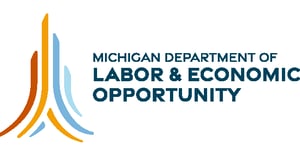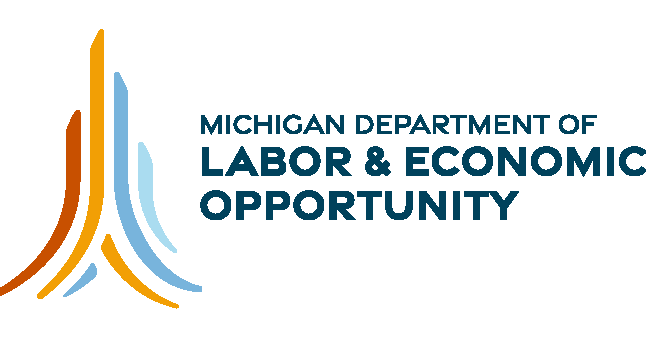Committee to assist FCC on telecommunications issues affecting local, state and Tribal governments
Lansing, Mich.—Lt. Gov. Garlin Gilchrist II and his designee, Michigan’s Chief Connectivity Officer, Eric Federick were appointed as members on the Federal Communication Commission’s (FCC) Intergovernmental Advisory Committee (IAC), with the Lieutenant Governor selected as the committee’s Chair. The committee is tasked with providing advice and support to the Commission on the many telecommunications issues affecting local, state and Tribal governments that are within the FCC’s jurisdiction.
The IAC is composed of elected officials of municipal, county, state and Tribal governments. Lt. Governor Gilchrist II and Eric Frederick will serve a two-year term. As Chair the Lieutenant Governor will play a crucial role in guiding and facilitating the 30-member committee’s discussion, decision-making process, and overall direction, and his leadership will be instrumental in ensuring that the IAC achieves its objectives effectively and efficiently.
"Every American deserves access to affordable, reliable, fast internet,” said Lt. Governor Garlin Gilchrist II. “Michigan has led the nation in connecting tens of thousands of households, businesses, and community institutions in areas across our state that have too often been left behind. As Chair of FCC’s Intergovernmental Advisory Committee, I will work with Eric to share Michigan’s expertise, leverage Michiganders’ voices on a national level, and work with fellow governments to build on the progress we have made. This appointment is just one more way we are bringing digital literacy, affordable fast internet, and economic opportunity to every Michigan family, business owner, and community.”
The Michigan High-Speed Internet Office (MIHI) was established by Gov. Gretchen Whitmer under Executive Directive 2021-2 to make high-speed internet more affordable and accessible. With high-speed internet becoming increasingly necessary in our educational, professional, and personal lives, the office coordinates the State's efforts to ensure every Michigander has access to an affordable, reliable high-speed connection that meets their needs.
“I am grateful for the opportunity to serve as a designee on the FCC’s IAC and continue working alongside Lt. Gov. Gilchrist II to find solutions to the telecommunications issues that affect Michiganders, especially when it comes to fast, reliable high-speed internet,” said Eric Frederick, Michigan’s chief connectivity officer. “Broadband internet has never been more essential than it is today and MIHI is energized and excited to reach universal broadband availability to Michiganders with our ROBIN and BEAD programs.”
Last January, MIHI opened the application window for the Realizing Opportunity with Broadband Infrastructure Networks (ROBIN) grant program, providing $238 million in federal funding through the Coronavirus Capital Projects Fund to support the deployment of high-speed internet to an estimated 90,000 unserved locations throughout the state. The ROBIN program has since deployed its first round of awards to internet service providers across the state with the second round of awardees to be announced in the coming months.
In June, Governor Gretchen Whitmer announced Michigan is set to receive over $1.5 billion through the Broadband Equity, Access, and Deployment (BEAD) Program to expand high-speed internet access and digital equity to over 200,000 Michigan homes and businesses in unserved and underserved areas across the state. This historical funding will help close the digital divide and help ensure Michigan residents have access to affordable, reliable and high-speed internet. The BEAD Challenge Process designed to identify all unserved and underserved locations in the state will begin on March 25, and BEAD subgrantee applications are expected to open later in 2024.
To learn more about MIHI and their programs visit, Michigan.gov/MIHI.
###















